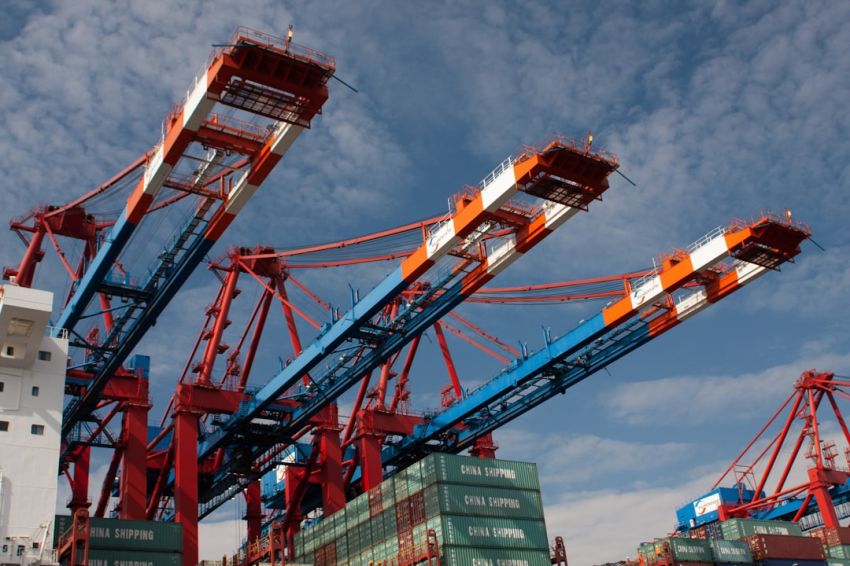Trade policies play a crucial role in shaping the economic landscape of a country. The decisions governments make regarding trade can have significant impacts on economic growth, job creation, and overall prosperity. Understanding how trade policies affect economic growth is essential for policymakers, businesses, and individuals alike.
The Impact of Trade Policies on Economic Growth
Trade policies encompass a wide range of regulations and agreements that govern the flow of goods and services across borders. These policies can include tariffs, quotas, subsidies, and trade agreements. The choices governments make regarding these policies can have both positive and negative effects on economic growth.
Encouraging International Trade
One of the primary ways in which trade policies can impact economic growth is by encouraging or discouraging international trade. Trade policies that lower barriers to trade, such as tariffs and quotas, can help facilitate the flow of goods and services across borders. By promoting trade, countries can access a larger market for their products, leading to increased sales and economic growth.
On the other hand, trade policies that restrict or hinder trade can have the opposite effect. Tariffs and quotas can make imports more expensive, leading to higher prices for consumers and reduced competitiveness for domestic industries. This can result in slower economic growth and fewer opportunities for businesses to expand.
Promoting Innovation and Competition
Trade policies can also influence economic growth by promoting innovation and competition. When countries engage in international trade, businesses are forced to adapt to changing market conditions and compete with foreign firms. This can drive innovation, improve productivity, and lead to overall economic growth.
Additionally, trade policies that protect intellectual property rights and encourage technology transfer can further stimulate innovation and growth. By fostering a competitive environment, trade policies can help businesses thrive and drive economic development.
Creating Jobs and Boosting Productivity
Trade policies can have a direct impact on job creation and productivity within a country. By promoting trade, countries can create new opportunities for businesses to expand and create jobs. Increased trade can also lead to economies of scale, which can boost productivity and drive economic growth.
However, it is essential to note that trade policies can also have negative consequences for certain industries and workers. Industries that face increased competition from foreign imports may struggle to compete, leading to job losses and economic challenges. It is crucial for policymakers to strike a balance between promoting trade and protecting domestic industries to ensure sustainable economic growth.
Ensuring Sustainable Development
Trade policies can play a significant role in promoting sustainable development and economic growth. By encouraging trade with other countries, governments can access new markets for environmentally friendly products and technologies. This can help drive innovation in green industries and promote sustainable practices.
Additionally, trade policies can influence the distribution of wealth and resources within a country. By promoting fair trade practices and ensuring that the benefits of trade are shared equitably, governments can help reduce poverty and promote inclusive economic growth.
In conclusion, trade policies have a profound impact on economic growth and development. By promoting international trade, fostering innovation and competition, creating jobs, and ensuring sustainable development, governments can help drive economic growth and prosperity for their citizens. It is essential for policymakers to carefully consider the implications of trade policies and work towards creating a balanced and inclusive trade environment that benefits all stakeholders in the economy.










